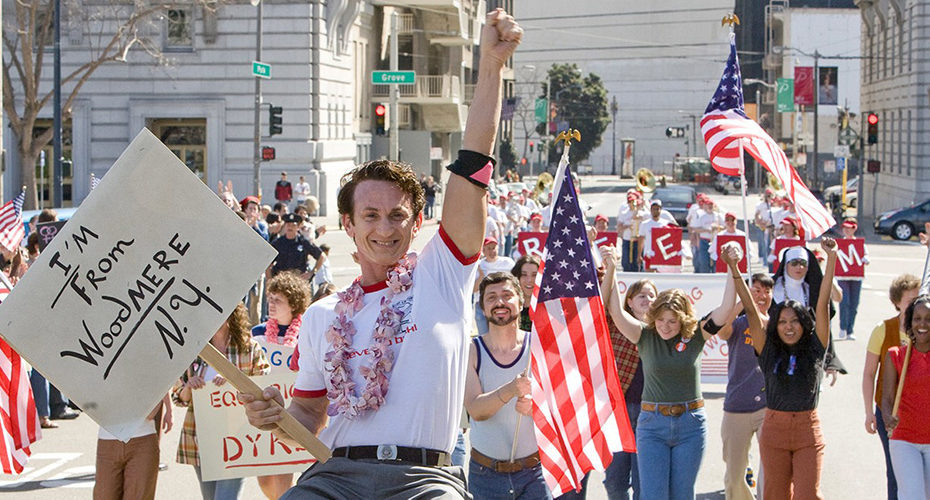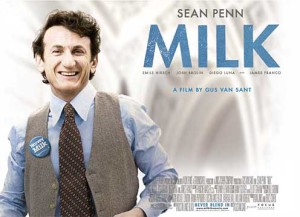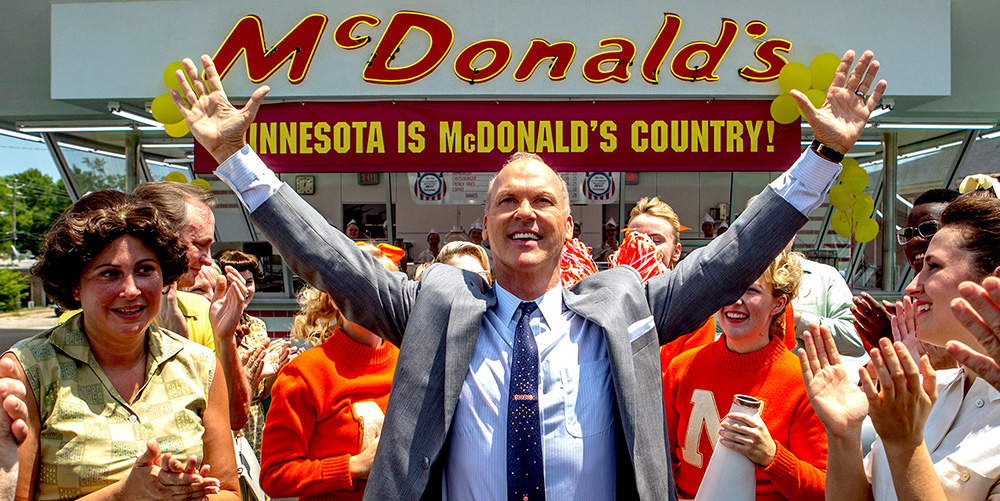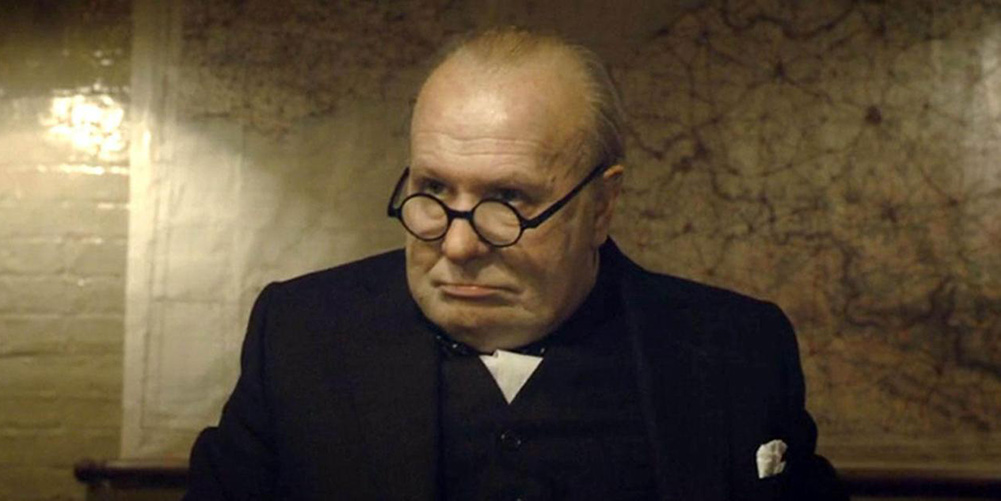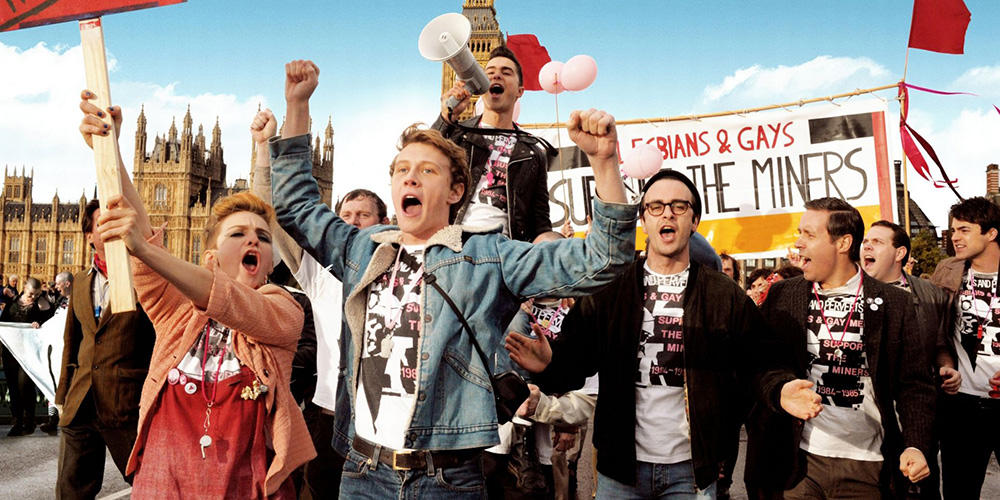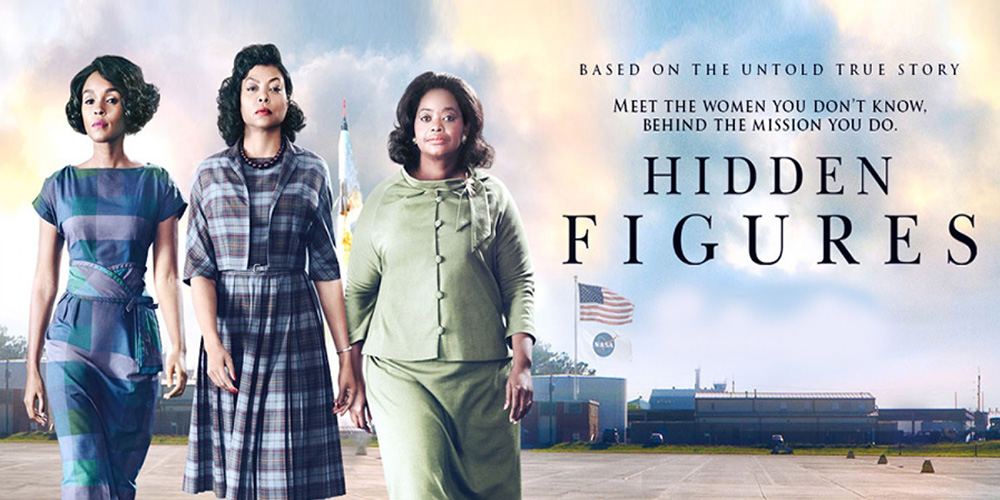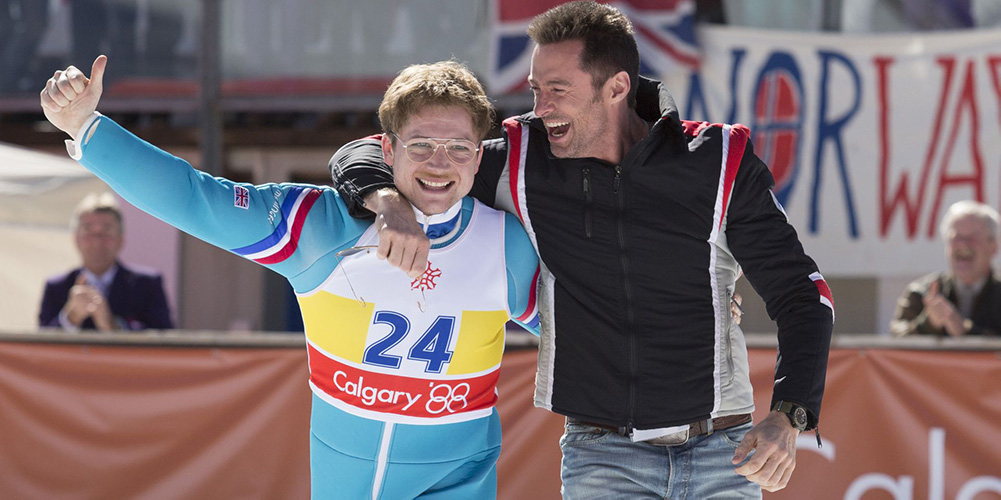The issue of gay marriage has once again brought gay rights back to the top of the political agenda. But Gus Van Sant’s brilliant Milk reminds us just how far society has come on gay rights in the last 30 years – and the struggle and sacrifice of some of those involved.
Harvey Milk, the first openly gay man to be elected to public office in the United States, is a gay rights icon who can help anyone to become a better leader…
1. Stand for a bigger cause
It’s hard to imagine now how tough life must have been for gay people in the 1970s. But Milk has a clear message: hope for a brighter future. It’s an unswerving belief that justice will prevail and the gay community will be recognised with the same rights as anyone else.
Nor will he compromise on that belief. Contrast Milk’s approach in the movie with that of David Goodstein, wealthy editor of gay magazine The Advocate. Goldstein prefers to forge alliances with straight candidates who he feels are sympathetic to the gay agenda. But it’s a bit like accepting crumbs from a rich man’s table.
‘I am not a candidate; the movement is the candidate, I am part of the movement.’ Milk tells Goodstein. Milk believes in his cause and refuses to compromise. It’s that passion and conviction that attracts thousands of gay followers and helps them see that there is a better life worth fighting for.
2. Use humour
Imagine constantly working with people who you know distrust or even despise your way of life. That’s the reality for Harvey Milk.
But his big smile, sense of humour and gentle teasing help people see past their prejudices. It helps them see Milk as just another human being – as flawed and vulnerable as any other.
‘My name is Harvey Milk and I want to recruit you.’
Milk knows that humour is one of the most effective ways to warm up an audience. On one occasion, he apologises to a group of union representatives for having left his high heels at home. And his famous opening line helps break the tension with straight audiences, while also serving as a rallying call to gay audiences who haven’t yet ‘come out’.
3. Have courage
By putting himself at the forefront of his movement, Milk exposed himself to a danger that would ultimately cost him his life. He is under no illusions about the risks, but has the courage to carry on anyway.
In one scene, Milk pins his first death threat on his fridge door. ‘If we put it away,’ he says, ‘we just make it bigger and scarier.’
Milk also inspires the gay community to have the courage to ‘come out’ in their thousands, believing that only by showing themselves as real and non-threatening brothers, sisters, friends and neighbours can they dispel the prejudice that surrounds them.
And like Lincoln, Milk needs to find the courage and resilience to carry on in the wake of intense personal tragedy – in this case, when his lover commits suicide in their apartment.
4. Learn from mistakes
Mistakes and failures are powerful lessons on the road to success.
Milk’s first two campaigns for election to the San Francisco Board of Supervisors are unsuccessful, but his resilience pushes him to keep trying despite the adverse effect on his personal life.
Crucially, he learns from his mistakes along the way, taking advice from a rival to create a far more positive political agenda that people can really rally around.
5. Reframe setbacks
Great leaders are able to use setbacks as a springboard to empower and renew their followers.
When gay rights nemesis Anita Bryant wins a landmark victory in Florida, Milk channels the anger, fear and dismay of the gay community to his advantage. He reframes the defeat as the time to create a ‘gay rights force’ that will give hope to gay people all over the country, filling his followers with renewed purpose and energy.
Hope becomes Milk’s rallying call, and it’s a message that has the power to resonate with every voter – gay or straight.
